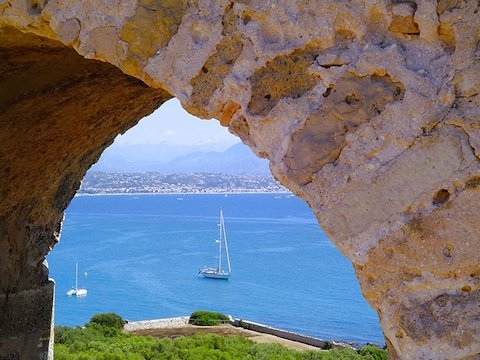
There are currently no web and mobile services based on real time operational oceanography which may provide information for navigation and security in the Mediterranean. Yet we are speaking of a dock to which 30% of the world’s maritime traffic is channeled and comprises about 20% of the global maritime oil traffic as well. As these are intense activities they may cause extensive damage to individuals and properties since the spill of hydrocarbons The lack of “knowledge of the environment at sea” determines unawareness and minimum capacity for action, with considerable socio-economic consequences: the adjoining damage is estimated to be around 500 million dollars per year.
TESSA (Technologies for Situational Sea Awareness) wants to address these needs through a set of tools available to different platforms such as satellite navigation systems, transit information devices (tablet, smartphone) and the broader web thanks to advanced computer equipment (CMCC’s supercomputing center) and a refined oceanographic study. Among other things TESSA is going to produce adjustable maps on the status of the sea around the point of navigation or in the interested area, textual information to be displayed along the planned or followed route, decision support systems and tactical models for early warning (early warning activities in case of danger).
The recipients are varied and diverse, including maritime transport operators such as boaters and bathing tourists, the authorities and the Coast Guard, as well as the offshore industry but also agencies and companies dealing with environmental safeguard.
The operational core of TESSA is divided between the center in Puglia (Lecce) and the one in Campania (Naples) which are both intended to produce and spread oceanographic analysis and high as well as very high resolution forecasts for Southern Italy seas, costal areas and ports in Puglia, Calabria, Sicily and Campania.
The operative center in Lecce is entrusted to the Euro-Mediterranean Centre for Climate Change (CMCC), under the supervision of Prof. Nadia Pinardi. The center deals also with forecast systems applied to the Mediterranean, Adriatic and Ionian Sea and with high-resolution systems (development and operation). CMCC also contributes to the modeling of pollutant transport, the development of the Data Analysis Centre and the elaboration of decision support tools (DSS – Decision Support System) and Tessa services.
CNR-IAMC is instead responsible for the operative center in Naples and the forecast systems applied to the Tyrrhenian Sea and the Sicily Channel (development and operation). This center contributes to the high-resolution modeling and development of Tessa services.
The design and development of the Data Warehouse and the Data Analysis Center are entrusted to a company called LINKS which is also responsible for a platform to deliver services (SSA Integrated Platform).
The project kicked off in Lecce at CMCC’s headquarters on February 13 and 14 2012 with the first operative meeting. TESSA is funded by the National Operational Programme “Research and Competitiveness” 2007-2013 and encompasses a training scheme called OTTIMA whose aim is to define a path through which students gain mastery of methodological and practical issues in basic sciences, operational oceanography, technology and engineering applied to oceans and seas.
More details on TESSA’s webpage
Image credits: CC camera-caritatis at Flickr


